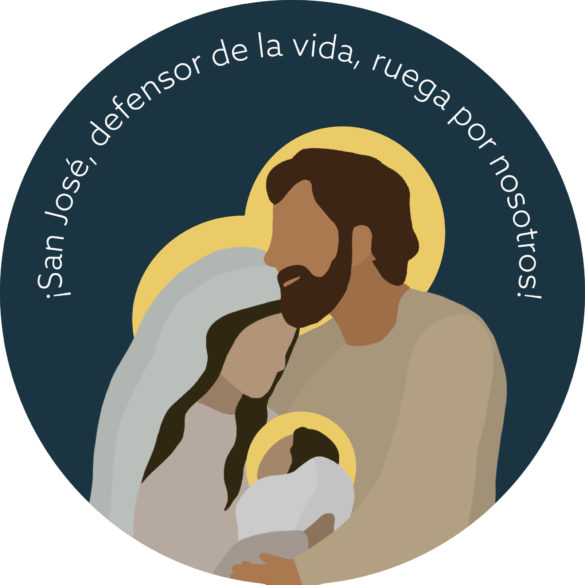Por Obispo Joseph R. Kopacz, D.D.
Es con gran alegría que comenzamos formalmente un Año de la Eucaristía este fin de semana, en la Fiesta de Cristo Rey. Como católicos, hemos celebrado la Eucaristía u ofrecido el Santo Sacrificio de la Misa durante casi dos milenios, siempre esforzándonos por ver lo extraordinario y fundamental que es para nuestras vidas cristianas de oración y adoración. En el centro de la obligación sagrada de santificar el día del Señor, el tercer mandamiento, está el mismo Señor Jesús, Cristo nuestro Rey, que nos invita a sacar vida de la fuente viva de la misericordia amorosa de Dios.
Considere la conversación con la mujer samaritana junto al pozo en el Evangelio de San Juan y que también bebamos en las palabras vivas del Señor sediento. “Si supieras lo que Dios da y quién es el que te está pidiendo agua, tú le pedirías a él, y él te daría agua viva.” (Juan 4:10)

El Señor tenía sed de la fe de ella como la tiene de la nuestra, para que veamos con los ojos de la fe el gran don de Dios derramado en la Cruz y reunido ahora en los reinos celestiales. Por supuesto, la mujer samaritana aún no estaba “viendo” y se preguntó dónde estaba el cubo del Señor para sacar de la profundidad del pozo de Jacob. Pero, al final de la conversación, ella se había convertido en una discípula que difundió la Buena Nueva del Dios vivo por toda su aldea.
Como los dos discípulos en el camino de Emaús, para quienes también ardían en el corazón las palabras del Señor, ella también llegaría a reconocerlo en la Partición del Pan, don de la Eucaristía. El Catecismo de la Iglesia Católica (1324-27) afirma que “la Eucaristía es la ‘fuente y cumbre’ de la vida cristiana. Los demás sacramentos, y de hecho todos los ministerios eclesiásticos y las obras de apostolado, están ligados a la Eucaristía y están orientados a ella. Porque en la bienaventurada Eucaristía está contenido todo el bien espiritual de la Iglesia, es decir, Cristo mismo.”
La Palabra de Dios para la fiesta de Cristo Rey de este fin de semana exalta al crucificado y resucitado no solo como cabeza de la iglesia, sino como Señor de todos los tiempos y de la eternidad. “Jesucristo es el testigo fiel, el primogénito de los muertos y gobernante de los reyes de la tierra. Al Él que nos ama y nos ha librado de nuestros pecados con su sangre, que nos ha hecho un reino, sacerdotes para su Dios y Padre, para su gloria y poder por los siglos de los siglos. Amén. …’Yo soy el Alfa y la Omega’, dice el Señor, el Dios Todopoderoso, el que es y era y ha de venir.” (Apocalipsis 1: 5-8)
Este drama eterno del amor de Dios por nosotros es siempre antiguo y siempre nuevo. El ciclo de adoración de la iglesia en la Misa durante todo el año litúrgico es siempre una culminación y un nuevo comienzo, el Alfa y Omega que renueva y refresca nuestra visión a través del perdón de nuestros pecados.
Al entrar en nuestro “Año de la Eucaristía” diocesano, que experimentemos la alegría del redescubrimiento del don que siempre está ante nosotros, el encuentro que transformó la vida de la mujer samaritana y de todos los demás que se cuentan entre los discípulos de la Señor. La exhortación al final de cada Misa: “Ve y anuncia el Evangelio del Señor” es nuestra responsabilidad y privilegio. O quizás podríamos decir, dejemos de lado, como baldes, las cosas de este mundo que nos distraen y vivamos a la luz del Señor.


